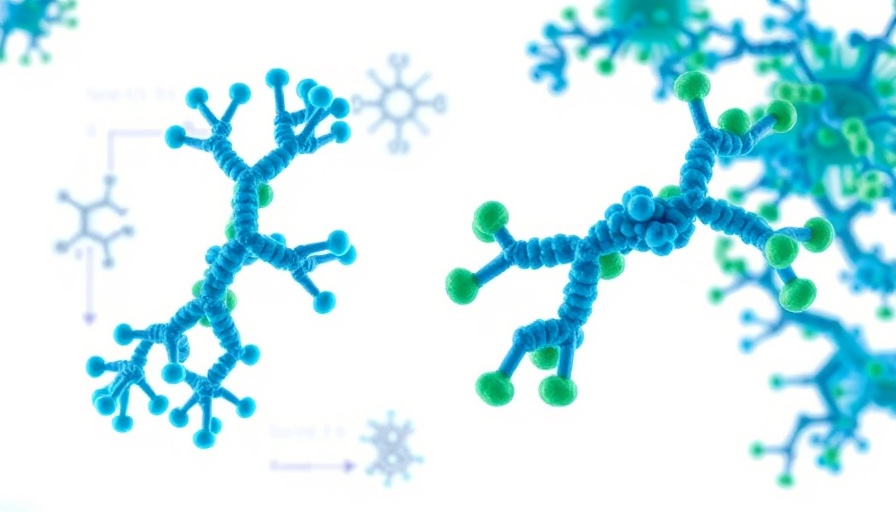
Harnessing Bispecific Antibodies to Combat SARS-CoV-2 Variants
Since the emergence of SARS-CoV-2, the ongoing battle against COVID-19 has been marked by the virus’s relentless tendency to mutate, presenting challenges for current treatment modalities. However, a significant breakthrough from a research team at Stanford University could offer new hope in the fight against evolving SARS-CoV-2 variants. They have identified two bispecific antibodies capable of targeting multiple areas of the virus, paving the way for the development of effective therapies that remain potent against all known variants.
The Mechanism Behind the Breakthrough
The key to this innovative approach lies in the novel design of the bispecific antibodies, termed CoV2-biRN, which are engineered to bind to both the receptor-binding domain (RBD) and a stable region within the spike protein of SARS-CoV-2 that displays less mutation potential. This dual-target strategy not only anchors the virus but also inhibits its ability to infect human cells. According to Dr. Christopher O. Barnes, the study's senior author, this method could ensure longer-lasting therapeutic effectiveness as the virus continues to evolve.
Why This Discovery Matters Now
As COVID-19 continues to evolve, the existing monoclonal antibody treatments have increasingly lost their efficacy against newer variants. Research published recently has shown that many formerly effective antibodies fail to neutralize variants like Delta and Omicron, which is directly attributable to mutations in the spike protein that these antibodies target. The Stanford team’s bispecific antibodies, designed to target inherently stable regions of the virus, demonstrate potential resilience against this evolutionary pressure, making them a critical addition to our treatment arsenal.
Comparative Insights from Recent Studies
Further validation comes from related studies exploring bispecific antibodies, such as those discussed in other prominent research on bispecific constructs targeting the N-terminal domain (NTD) and RBD of the spike protein. In these approaches, incorporating dual specificities effectively neutralized variants of concern and exhibited protective effects in in vivo models.
This expanded understanding reinforces the notion that resistance to mutations can be achieved not only by targeting the RBD but also through comprehensive approaches that incorporate diverse epitopes on the spike protein, thus providing a promising territory for future therapeutic development.
Path Forward: Research and Clinical Trials
While laboratory tests have shown the bispecific antibodies to be highly effective at neutralizing all known SARS-CoV-2 variants, further research, particularly clinical trials, will be necessary to confirm their safety and efficacy in humans. The initial results are promising, indicating a significant step toward bolstering our defenses against COVID-19 and potentially mitigating the disease's impacts on public health.
The Broader Implications for Virus Mutation and Vaccine Efficacy
The findings highlight a broader trend in viral adaptation and underscore the importance of innovative treatments to adapt to these changes. Emphasizing foresight in vaccine and therapy development, researchers continue to explore how robust strategies can preemptively address potential mutations, ensuring that public health measures adapt as rapidly as the viruses evolve.
Conclusion: Navigating an Evolving Landscape
As we move forward, the research into bispecific antibodies not only presents hope for COVID-19 treatment but also serves as a model for future infectious disease challenges. By fostering an understanding of viral evolution and exploring treatments that circumvent it, the medical community remains poised to tackle the complexities inherent in rapidly shifting viral landscapes.
Inspiration: As we embrace the ongoing fight against COVID-19, let us remain vigilant and adaptive in our approaches to healthcare.
Call to Action: For business leaders and health professionals, staying informed on the latest advancements in treatments like bispecific antibodies is crucial in shaping future policies and responses. Engage with the research community to ensure your organizations are prepared to adapt to ongoing health challenges.
 Add Row
Add Row  Add
Add 




 Add Row
Add Row  Add
Add 

Write A Comment